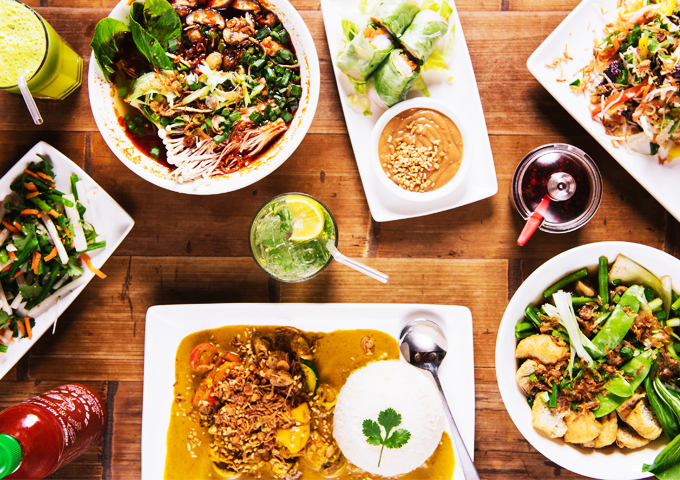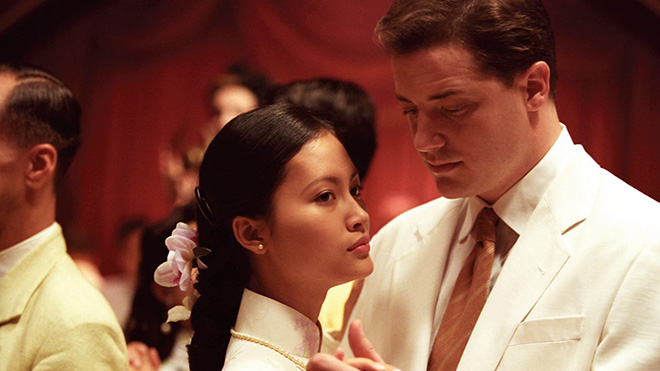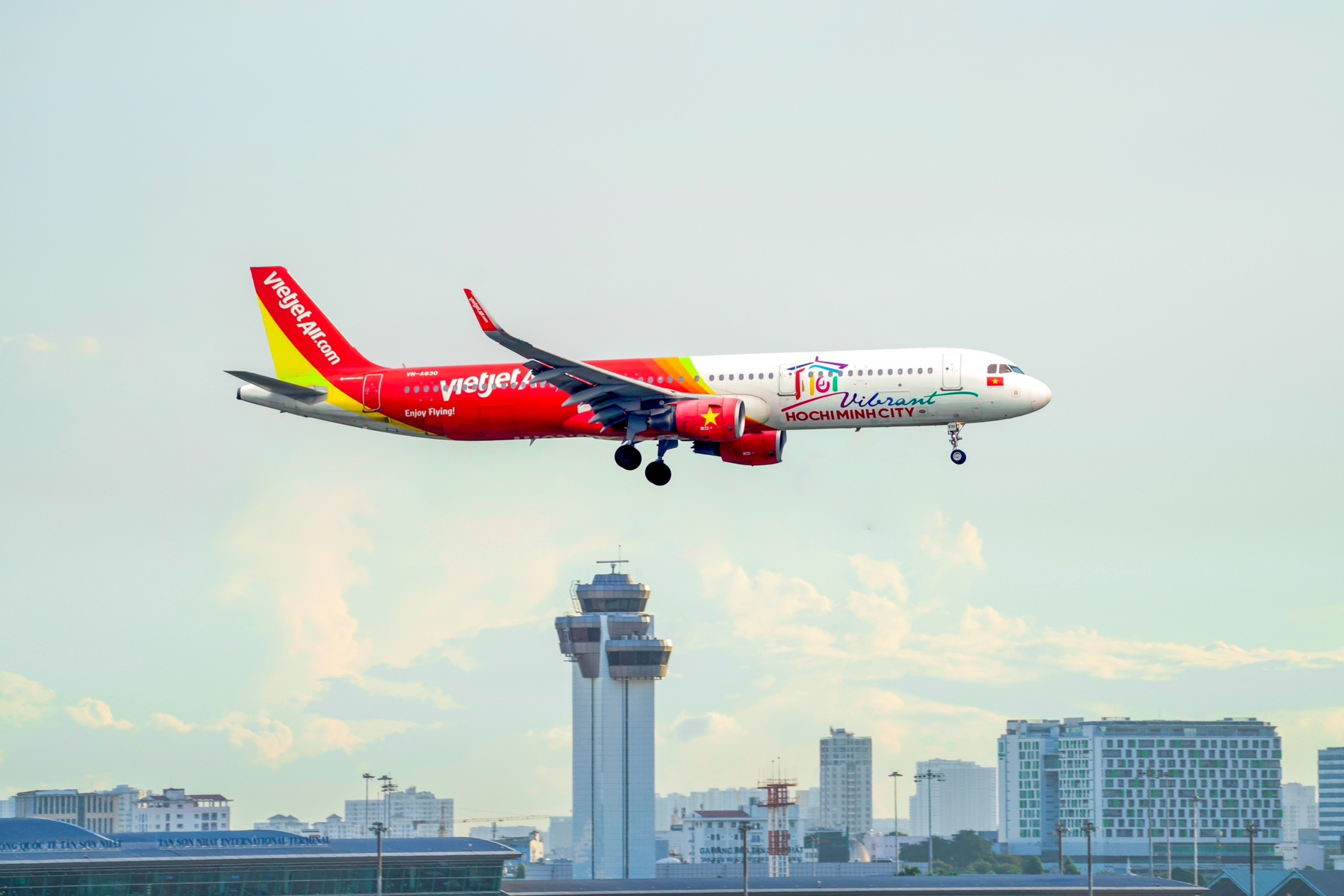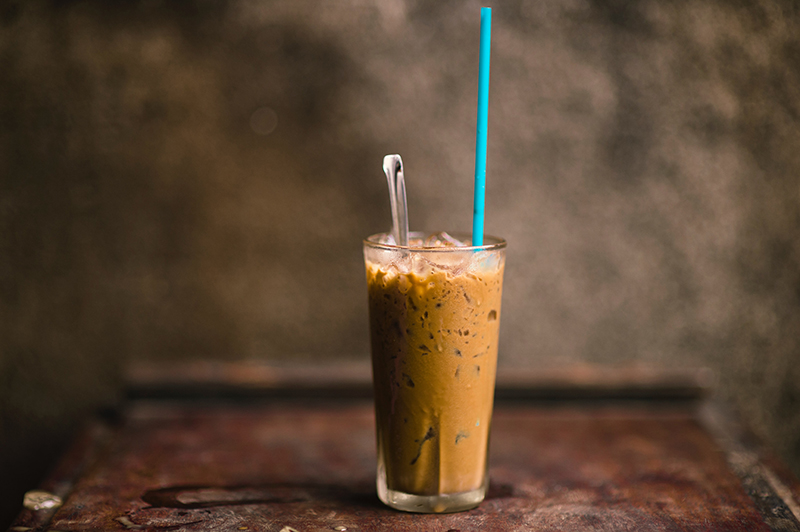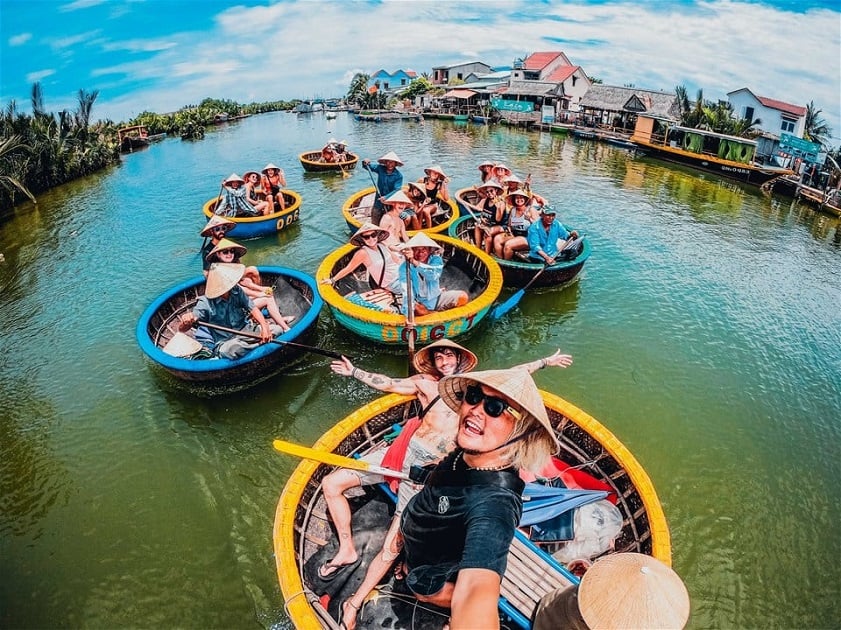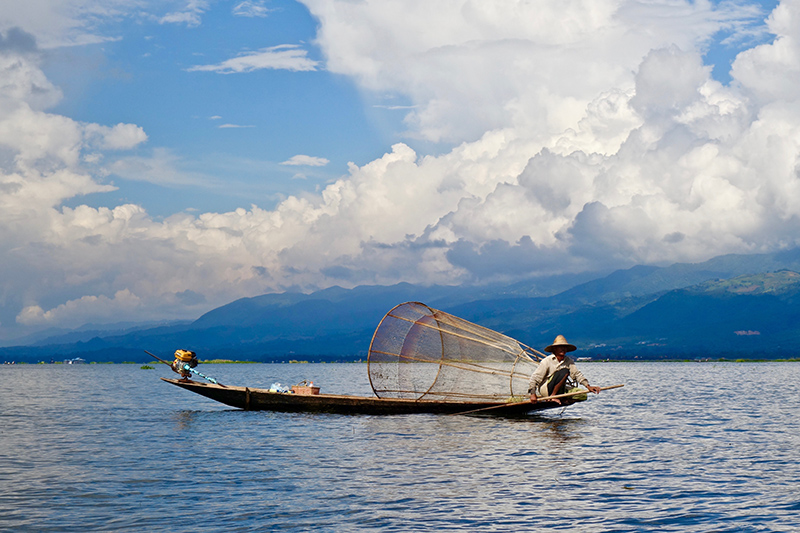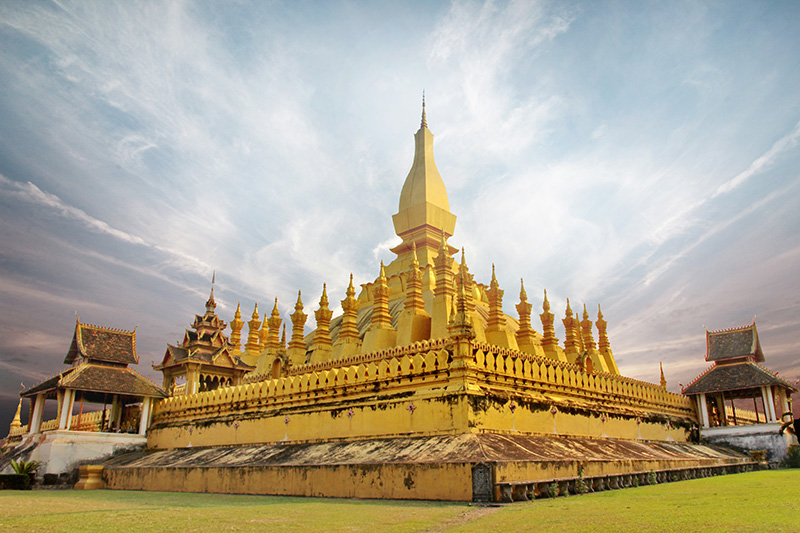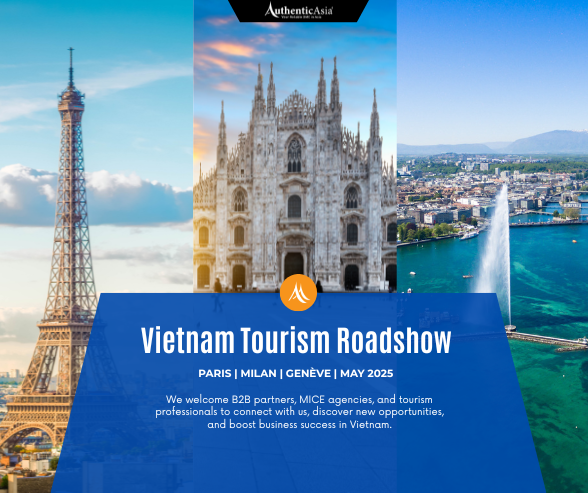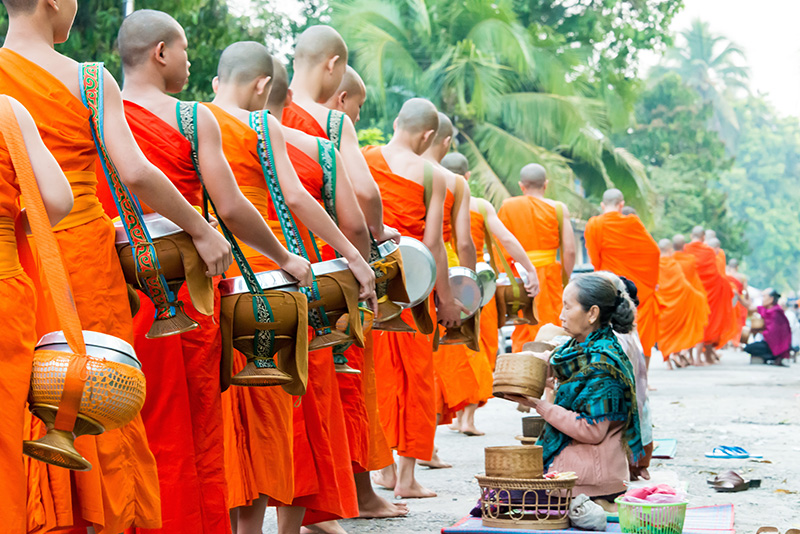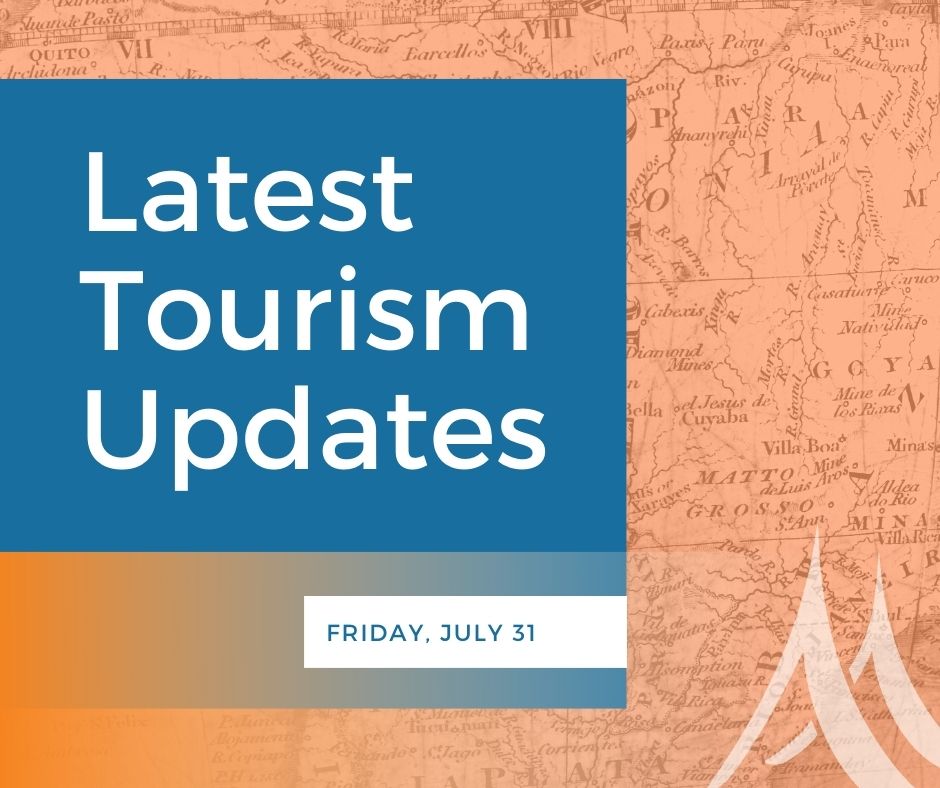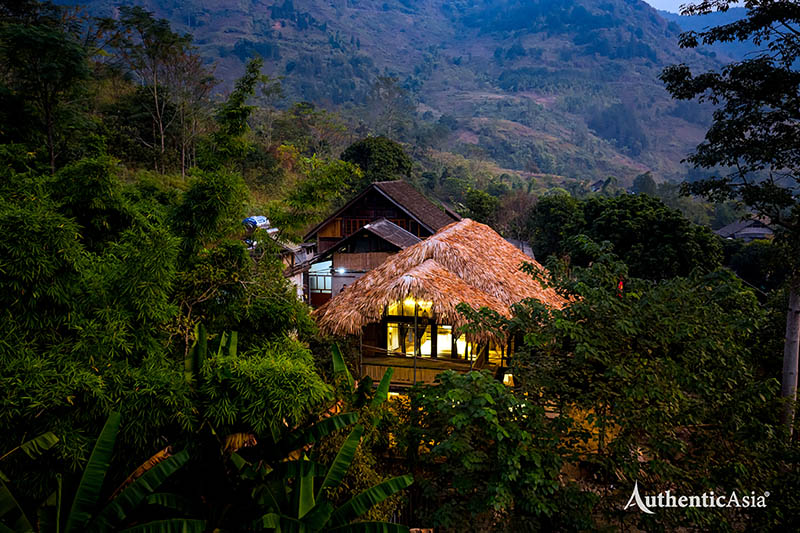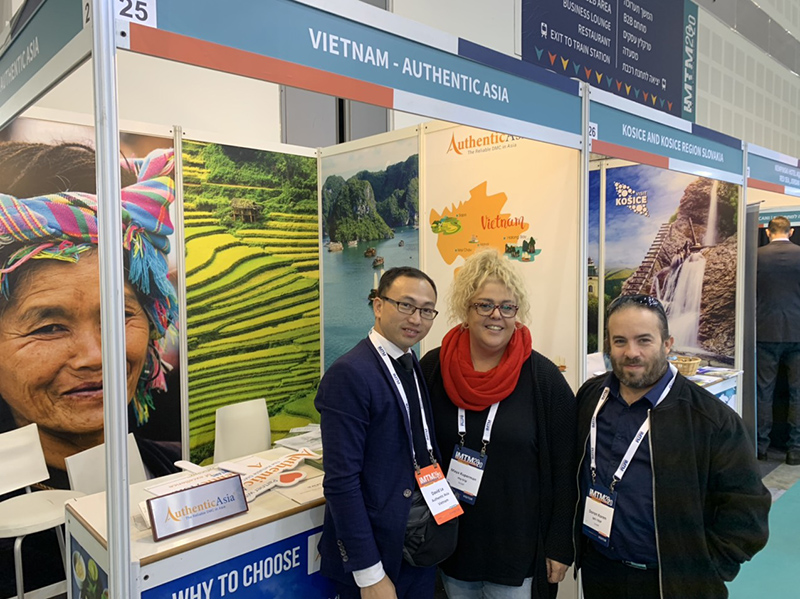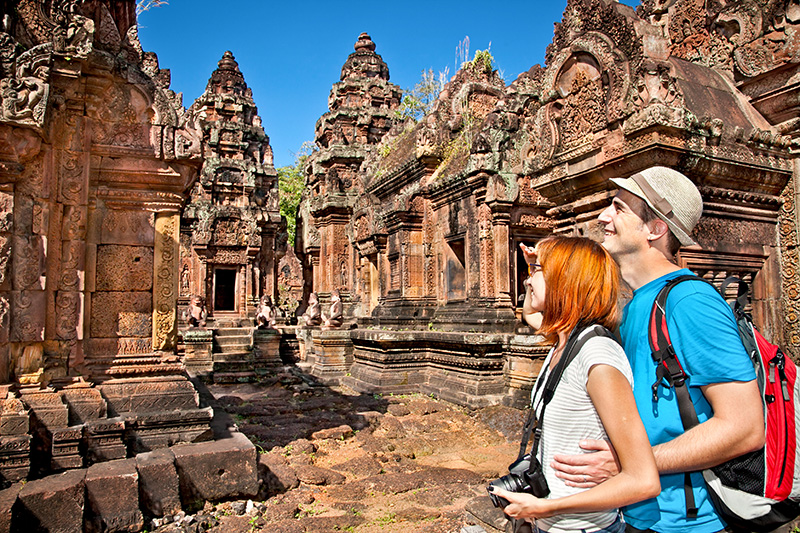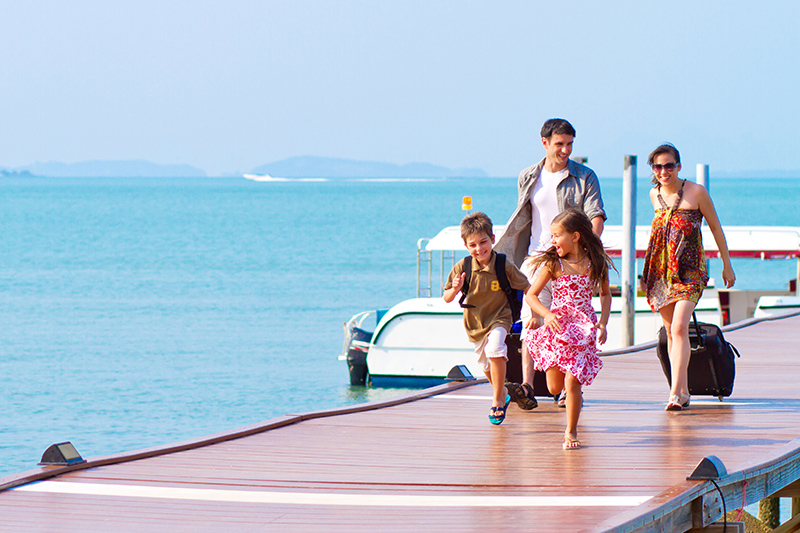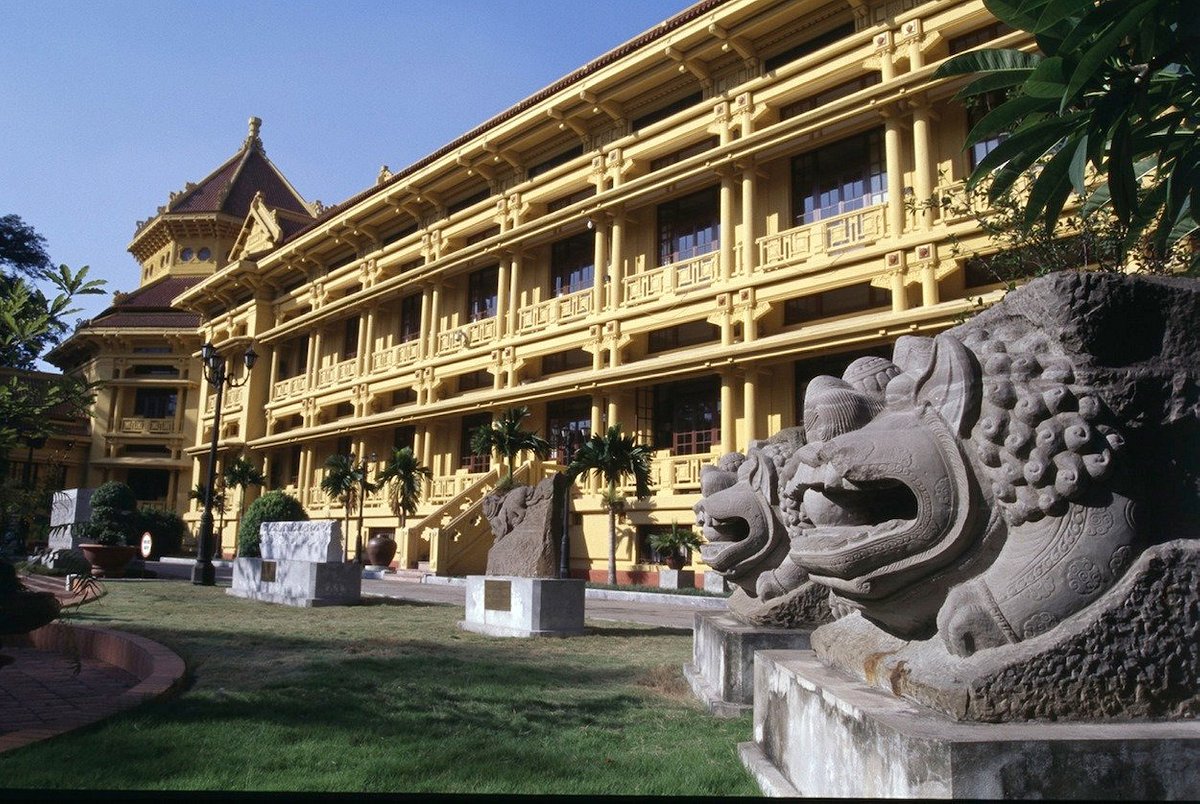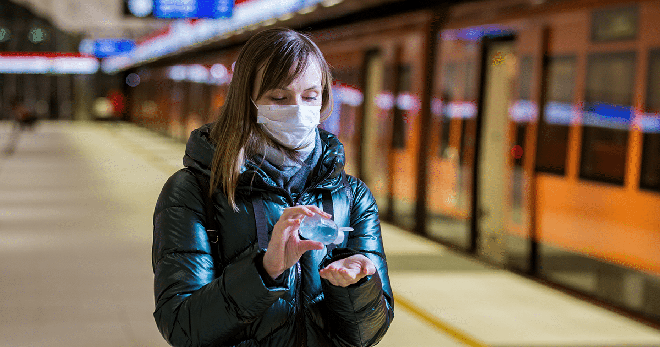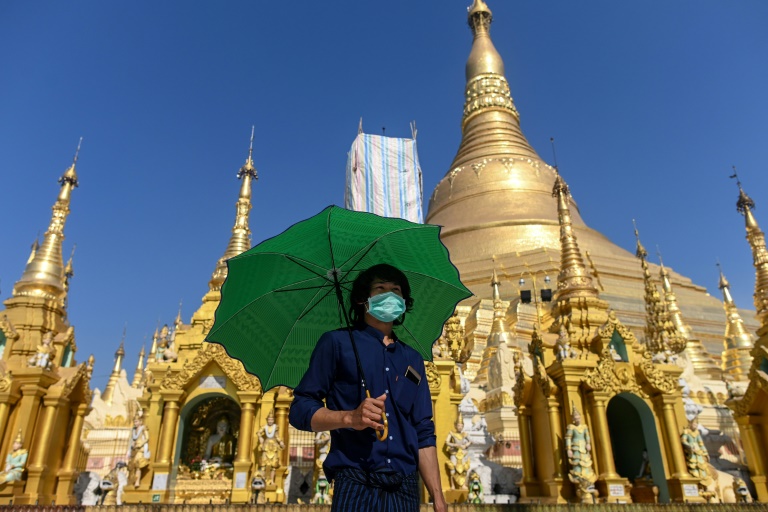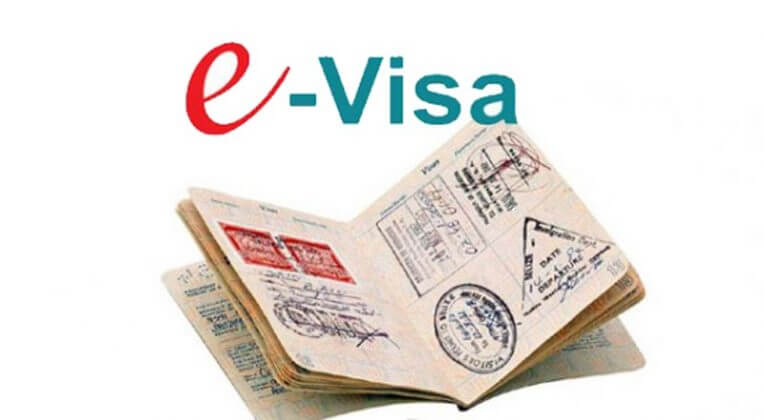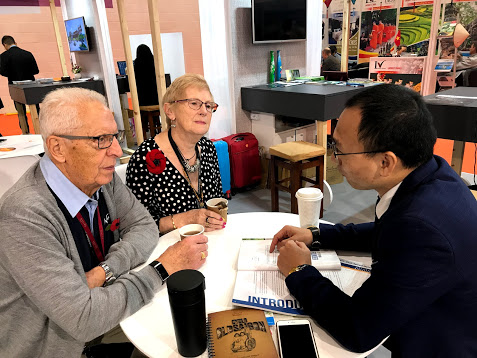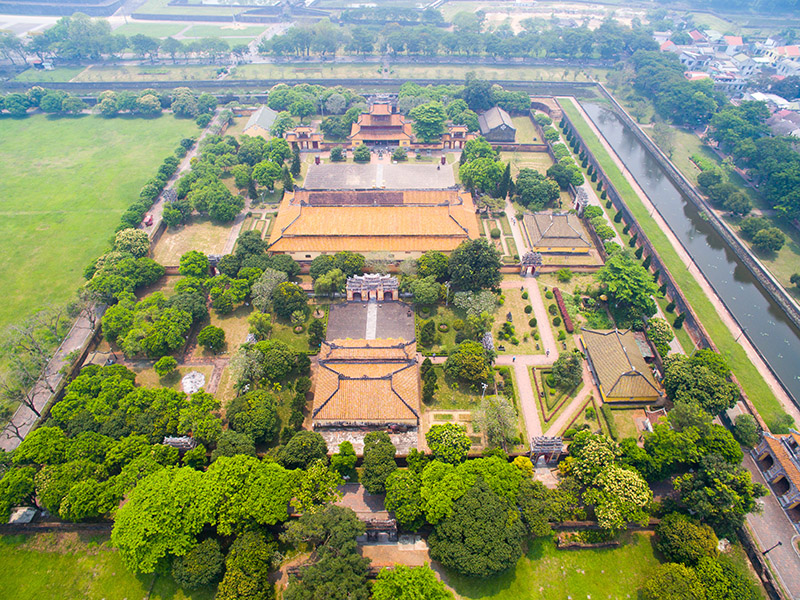
Vietnam Essential guide: Health And Safety
Sun, 09/01/2019 - 11:17
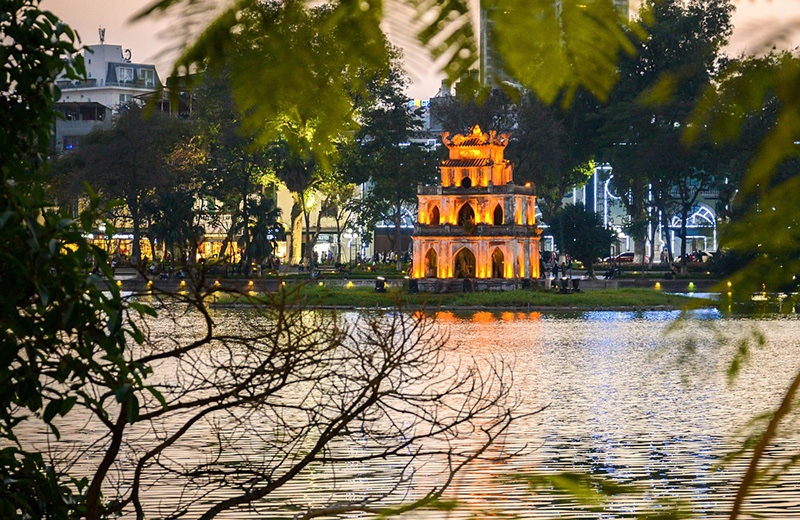
Before visiting a country, it’s really important to gain some information about its health and safety issues. Vietnam has been rated as one of the safest countries in the world, however, for the purpose of a convenient and complete trip for tourists, this article will offer all you need to know about health and safety in Vietnam.
PREPARATION
Insurance:
Although insurance isn’t compulsory and you’re in a good state of health, travel insurance should never be ignored. Because troubles and accidents may occur any time.
There are tons of problems and choices to deal with when you purchase a travel insurance. For examples: Which insurance company to choose, which insurances package fits your budget, whether the insurance policy is clear and reasonable, ect. So it’s smart to find out about travel insurance as soon as possible. The closer it is to the departure date, the less time you have to make a decision, you might spend a lot of money on insurance package that are not really suitable for you.
The information about health and safety in this article will help you to select the most suitable travel insurance package.
Vaccinations
Check the vaccines and medicines list and visit your doctor at least a month before your trip to get vaccines or medicines you may need.
According to the World Health Organization (WHO), it is recommended for tourists to Southeast Asia to take the following vaccinations:
§ Adult diphtheria & tetanus single booster
§ Hepatitis A
§ Hepatitis B
§ Mumps, measles and rubella (MMR)
§ Typhoid
§ Varicella
Packing checklist
You can buy medicine from drugstores in Vietnam, but it’s always necessary to prepare some essential medications in labeled containers for emergencies: Pain and fever relievers, flu medicines, throat lozenges, diarrhea/laxative medicines.
HEALTH
Health services in Vietnam
Health care service in big cities in Vietnam (Hanoi, Ho Chi Minh, Danang) has been improved rapidly thanks to the development in the economy of Vietnam, many hospitals are of international-quality. However, in those remote areas (especially mountainous area) where the facilities are still unimproved, local clinics will just have fundamental supplies. It’s better to get to the nearest city as soon as possible when you have any serious health problems.
State hospitals in Vietnam are often basic, the doctors are leading experts, the cost of medical examination and treatment is not too high. But they are often very crowded and the facilities aren’t regularly renewed.
Private hospitals often have good facilities, modern devices, and are more convenient and time-saving because there aren’t too many patients , and the cost are much higher than state hospitals.
Health issues in Vietnam
- Environment
Air pollution : In major cities of Vietnam (Hanoi, Ho Chi Minh), air pollution is rather severe due to the large amount of vehicles (especially motorbikes) and construction sites. Dust-mask are sold in drugstores, it’s necessary to buy some if you plan on a city tour. If you suffer from respiratory problems, you should consult your doctor before heading to travel.
Noise pollution: Along with air pollution, noise pollution in major cities in Vietnam can cause health issues such as hypertension, stress and sleep disorders.
- Weather
Heat problems: Vietnam is in tropical climate zone, the weather is hot and the sun light is intense during the hottest months. Heat-exhausted, heatstroke, sunburn may be the consequence of overexposure to sun and lack of water.
Humidity: Skin issues such as fungal rashes, pimples are popular in humid climates. It also offer mosquitoes, fleas and some other insects favorable condition to multiply.
- Food and drink
Food: Vietnamese cuisine is diverse in both price and quality, there are dishes for only $1, there are also ones for about $50, the quality is also quite different.
Eating unclean food may be associated with risk factor for causing travelers’ diarrhea and other diseases. To avoid contracting bacteria, look for restaurants that have business license or are highly-rated on tourism or food websites. Remember to wash your hands often using either soap and water or waterless, alcohol-based hand rubs to remove potentially infectious materials from your skin and help prevent disease transmission.
Drink: Tap water in Vietnam is undrinkable. Travelers are advised to buy bottled water.
- Animals
The hazards from animals often come from rural areas. Dogs and cattle (buffaloes, cows, goats) are usually left unbridled, these animals are quite gentle but can attack people if threatened. Besides, rabies is also an issue to concern because rural pets are commonly not vaccinated.
Be aware of the surrounding environment anywhere you go, especially in the forests because there are dangerous wild animals such as snakes, leeches, bats, bees. Although wild animals in Vietnam is mostly not life-threatening, it’s hard to find health services in these places, so minor injuries may cause serious consequences.
Health tips
If you have a personal prescription, keep a photo of your prescription in the mobile phone and send it via email.
Outdoor activities are not recommended in the summer, especially between 11am and 3pm.
Always peel the fruit before eating, pesticides may remain on the peels.
SAFETY
Safety issues
In general, Vietnam is a safe country for visitors. Serious issues such as violence, protests, rape, kidnapping, etc. are at very low rates. In fact, most Vietnamese people are hospitable and willing to help foreign tourists in need. However, Vietnam is a developing country with high level of poverty, so petty crime is a common problem, though it’s not a serious issue, it’s quite annoying.
- Petty theft:
Robberies are usually pickpocketing or snatching. Tourists are warned to keep wallet, purses, phones and other valuable belongings in safe place like inner tray of suitcase or backpack. Important documents such as passport, visa… should be copied in case of loss.
Keep your eyes on your package while traveling by public transport. Padlocks are really useful for protecting your suitcase on buses and trains, it’s better to put your suitcase and backpack right under the bottom bench-seat. Be especially cautious when using vehicles such as motorcycles or bikes, because you’ll become the target of drive-by snatch thieves if you keep your backpacks or bags on one shoulder, or in the basket, this may also cause severe traffic accident
Be mindful in both crowded and deserted place, don’t walk alone too late at night, and don’t flaunt large amounts of cash or jewelry in public. If you suspect that someone is spying on you, keep calm and stand in a crowded place, it’s much better where there are police or security guards nearby.
- Traffic
Due to incomplete infrastructure, traffic in Vietnam, especially in major cities is a real concern. The quantity of accidents (including fatal accidents) is very alarming. Many Vietnamese people break the law while transfering on the streets: passing the red light, speeding, zigzagging, drunk driving ...On mountain roads and in rural areas, although there aren’t too many vehicles, local people sometimes let their cattle walk freely on the road. So traffic accidents due to animals crossing the road are quite frequent. If you choose to ride a motorcycle by yourself, remember to slow down so that when you encounter unexpected problems, you can handle it.
During rush hours, traffic jams can last up to 1-2 hours, sometimes even longer. Pay attention to this when traveling in the city to avoid missing flights or affecting your itinerary.
- War remnants
The war ended in Vietnam about only 50 years ago, although in recent years the amount of accidents caused by war remnants (usually leftover unexploded ordnance) have quickly decrease, but we can not sure if they have been completely wiped out. When visiting the sites of war relics, follow the trail and don't risk your life touching any half-buried metal objects.
- Tourist scam
Tourists are often the targets of scam because they don’t understand Vietnamese and the local area. Occasionally, you will encounter these situations: organized tours(prepaid ones) do not follow what was promised, the tour guide intentionally takes you to shopping places that you don’t want to, sellers force you to buy items at a much higher price than normal,ect. It may happen when you're traveling alone or choosing dirt-cheap tours from the unreliable travel agent.
In regard to scams, at tourist spots, you may encounter the elderly, disabilities and children begging you to buy cheap items from them with a very sincere attitude. Refuse if you do not want to buy, most of these people are taken advantage of to make money. Children have to earn money instead of going to school,and elderly have to work. Refusing does not mean you are heartless, if you really want to do something to help, there are reputed charity organizations that you can donate.
Safety tips
- Don’t keep all your cash in one place, separate it into 3 or 4 parts and keep it in different spots.
- Save your tour guides’ contact even after the trip in case you have trouble communicating, you can ask them for help by phone.
- If the thief snatchs your bag or backpack, it’s better to let go, don’t risk chasing them, quickly see and note the vehicle’s license numbers, that may help the police find the robbers for you.
- Have the hotel receptionist call the taxi for you is much safer than call one by yourself.
- Always ask for the exact price before you decide to buy anything,
- A reputable travel agent must have a official website that shows a clear address, complete information and prices. More carefully, you can ask the travel agency to send you an business license via email in advance.

